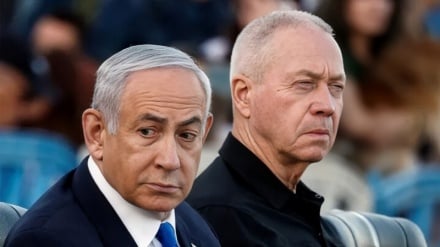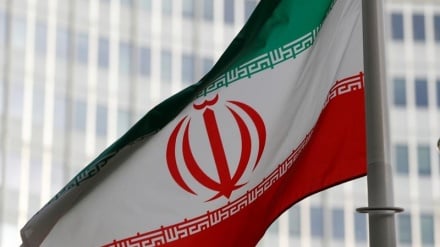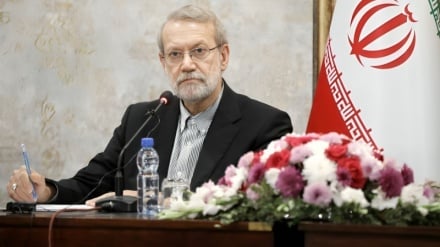Do you know Herzog’s postal code?
-
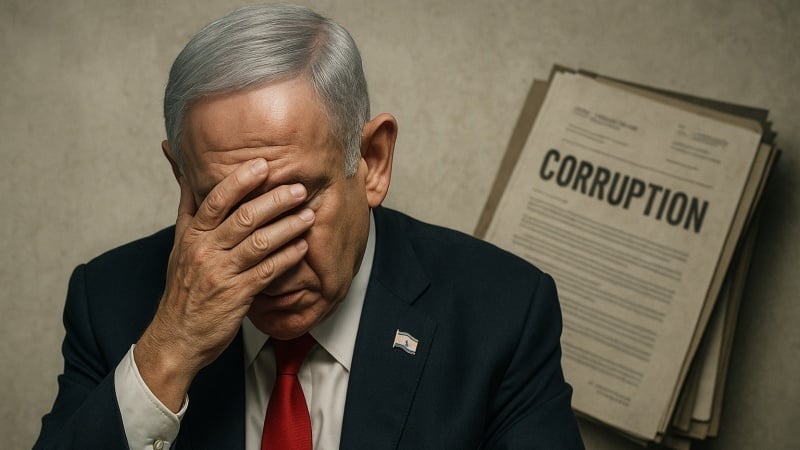
Netanyahu surrounded by multiple cases
Pars Today – Trump talks more than he writes. But when he is forced to write a letter to secure someone’s release, it really means things are serious.
Received Note –
The current life of Benjamin Netanyahu, Prime Minister of the Occupied Territories, resembles a new season of a TV series that could be called “Escape from Accountability.” In this piece from Pars Today, we look at Netanyahu’s recent challenges and predicaments. While this Jewish leader cannot escape public pressure, the heavy shadow of corruption cases, or even criticism from former allies, he continues to issue threats against Iran and Hamas with remarkable self-confidence.
But what are these grandiose threats meant to cover up? Is Netanyahu afraid of the approaching moment of reckoning?
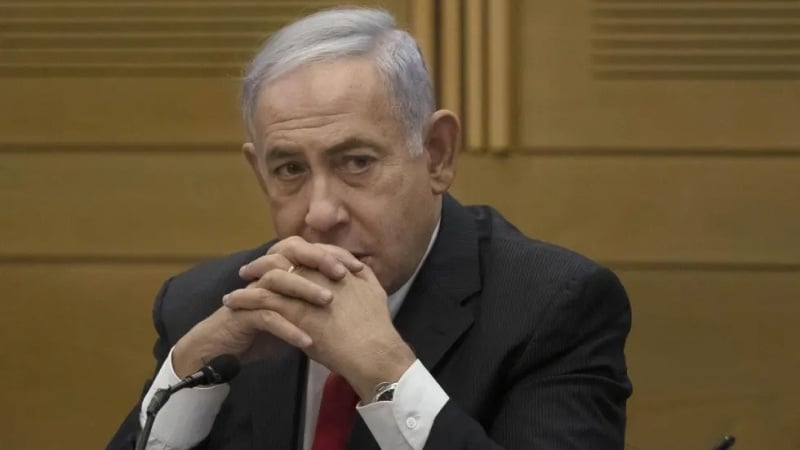
Traffic of heavy cases
Corruption cases have been following Netanyahu like a shadow that trails you from morning to night for years. The well-known cases “1000” and “4000”, along with a series of charges involving bribery, fraud, and breach of trust, have now entered critical stages. Netanyahu’s presence at three-day court sessions and confrontations with key witnesses indicate that the era of “last-minute delays and escapes” is gradually coming to an end.
The situation has reached the point where, in an attempt to normalize the acceptance of gifts, he even dragged in the Attorney General and the Mossad chief, claiming they also received similar “gifts.” This move resembles the childish excuse of blaming friends to escape parental anger, and in any case, it hardly resembles a serious legal defense.
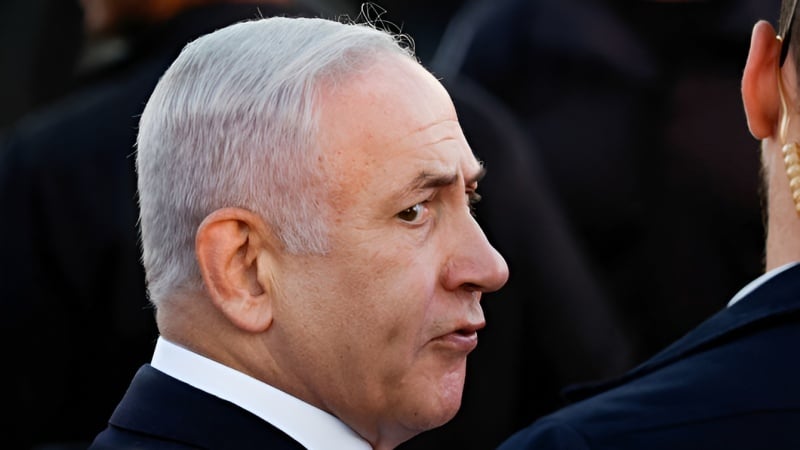
Trump’s persistence, Herzog’s wink
The situation became even more amusing when U.S. President Donald Trump, ever the jokester, personally stepped in like a makeshift lawyer and wrote an official letter to rescue his old friend from trouble. As usual, Trump described everything as “political” and “unfair,” and asked Isaac Herzog, President of the Israeli regime, to grant Netanyahu a full pardon. He, of course, received a response: “Mutual respect is maintained, but first the accused or their family must formally request a pardon.”
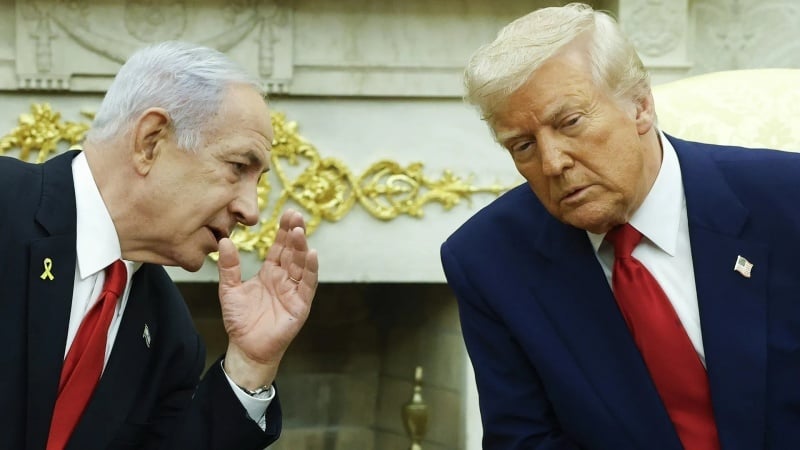
There’s no doubt that Trump did not expect such a response from Herzog and was probably pacing in the White House late into the night, wondering whether he could impose tariff penalties on the Israeli regime as well. Interestingly, Israeli media analyzed the very same letter as evidence of Netanyahu’s anxiety—because usually, only someone who genuinely fears a conviction seeks a pardon.

The Middle East joker
Amid these pressures, Netanyahu continues to insist that the war against Gaza must go on, Hamas must be disarmed, and that the threat from Iran remains. These are similar to the kinds of things Adolf Hitler, the German dictator, once said about the peoples Netanyahu now targets. Despite outward differences, it seems that the temperaments and behaviors of dictators around the world share striking similarities.
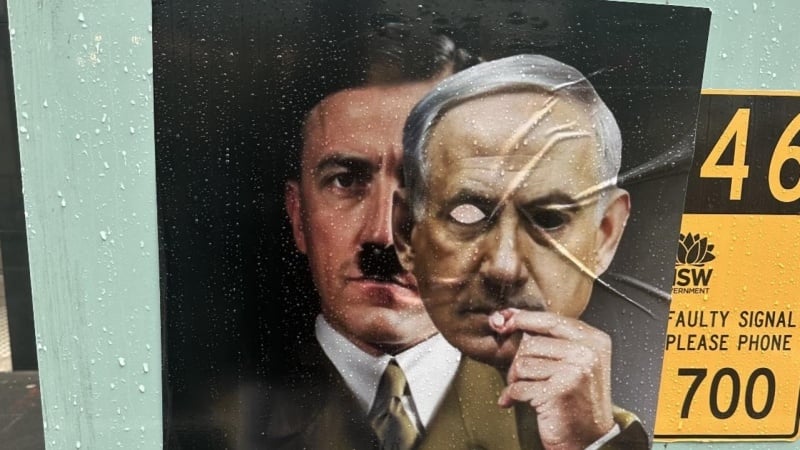
Netanyahu, of course, makes no mention of the fact that the two-year war against Gaza failed to achieve any of its stated goals, ultimately forcing them to agree to a prisoner exchange. Even the formation of a fact-finding committee on the October 7 events is being carried out weakly and under his control—a move opponents see as nothing more than an attempt to evade responsibility.
Calm before storm
The latest political drama in Tel Aviv unfolded when the UN Security Council approved the U.S.-proposed resolution on Gaza. As usual, the regime pretended it was a historic victory, even enthusiastically referencing Trump’s “Peace Delegation” and his 20-point plan. But inside the occupied territories, the atmosphere is far from calm. Disputes within the cabinet over the “two-state solution” have reached a peak, to the point where Netanyahu’s hardline allies have threatened that even the slightest nod toward a Palestinian state would bring down his government.
Avigdor Lieberman, head of Israel’s far-right nationalist party, bluntly stated that this decision represents a “return to a trusteeship era” and shows that control has been lost. When dissent rises from within the far-right itself, it signals that the situation is so chaotic that even yesterday’s allies have joined the ranks of critics.

Meanwhile, the rising violence by settlers in the West Bank has become so blatant that even Netanyahu has had to play the “good cop” and insist, “We support and abide by the law.” Of course, no one explains why, for years, this same law has been nothing more than a moral suggestion for a significant portion of the settlers. Official statistics from Israel’s internal agencies show that legal action against these crimes is virtually nonexistent—a situation with only one clear outcome: a collapsing legitimacy crisis.
Taken together, these events indicate that the Israeli regime is facing a deep, multi-layered, structural crisis. Amid all this, Netanyahu continues to insist on playing the hero of the story—a hero who goes to court every day, argues with his allies, fears the extremists, and at the same time pretends everything is under his control. The only things he does not control are the realities on the ground… and, of course, time.
